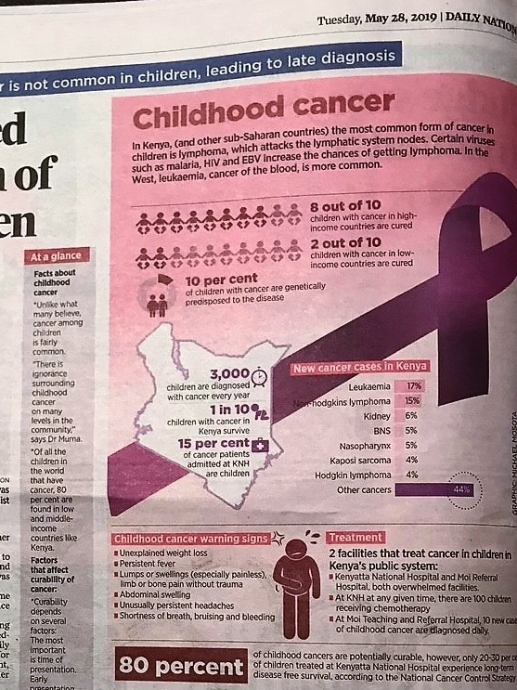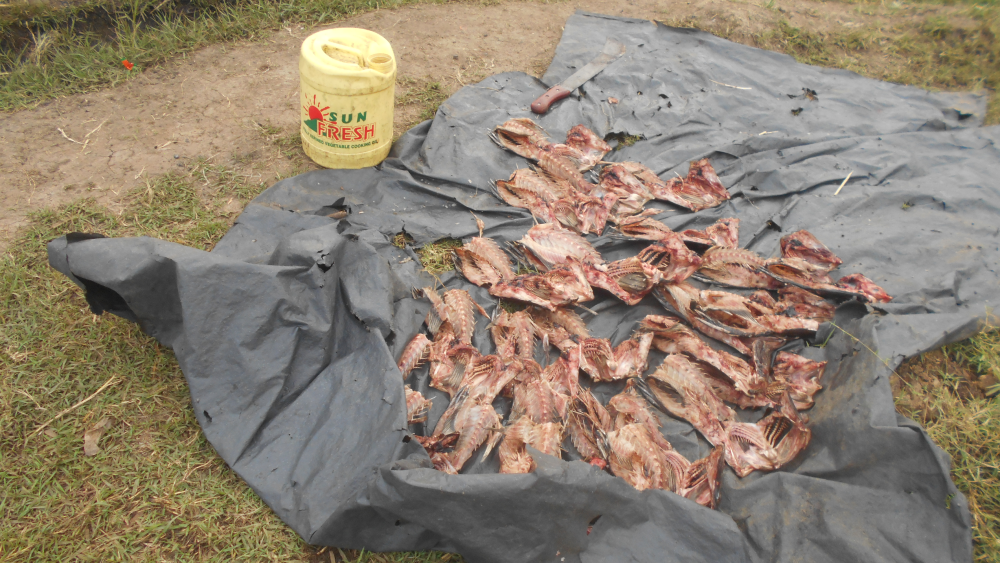Chronic diseases such as cancer, diabetes, hypertension and heart conditions are on the rise in East Africa, compounded by changes in food, diet and nutrition, by urbanization, and by exposure to pollution and toxins. These chronic diseases are often intertwined. As chronic disease emerges as a major health burden and public concern, fine-grained, ethnographic research is well positioned to capture these complexities. Potiental projects could focus on
a) chronic disease and care b) chronic disease, diets and food c) chronic disease and toxicity.
Chronic disease and care: Ethnographic research offers perspective on patients’ experiences and treatment itineraries; the role of families in care-giving, experiences navigating public and private healthcare, and how families deal with financial costs; inequalities in access to health-care; and the knowledge and practices of health workers working in situations of scarcity.

Chronic disease and food/Chronic disease and toxicity: The experience of growing disease burdens in a particular location or social group raises questions about causation, including links to food, diet and nutrition on the one hand, and to environmental pollution on the other. Potential PhD projects could focus on one of these themes, either focusing on food, diets and nutrition, or on perceived relations between chronic disease and environmental pollution.
PhD research projects could focus on places or groups that experience mounting disease burdens, e.g. “cancer counties” or regions experiencing high rates of cancers, which may be linked to particular diets, environmental pollution, exposures to toxins, work-related exposure, waste disposal or e.g. aflatoxin contamination, past and present. Research could include collection of oral histories of experiences with cancer and research on the production of cancer registries. It could explore emerging forms of “lay epidemiology” as well as activism.
If you want to discuss this topic, please get in touch with: r.j.prince@medisin.uio.no
Potential PhD projects could include (but are not limited to) the following research questions:
- What kinds of chronic disease are visible in the community you are studying?
- What are the experiences of patients and families with (particular) chronic diseases?
- What relations exist between ‘popular’ and ‘biomedical’ understandings of aetiology and intervention?
- Chronic disease, access to treatment, and forms of care:
- How is chronic disease management and care available and how is it organized?
- How do families manage the challenges of care?
- How is care embedded in gender and generational relations and family structures?
- What are the economic effects on families of seeking treatment for chronic disease?
- How do health workers deal with chronic disease and what challenges do they face?
- Which factors affect access to appropriate treatment and diagnosis?
- Food, diet, nutrition and chronic disease:
- How do people perceive the relations between food and healthy bodies?
- What ideas and practices exist concerning food as nutrition and food as medicine?
- Do people connect changing diets and food consumption to patterns of chronic disease, such as diabetes, obesity, and hypertension, and if so, how?
- What concerns exist about toxicity in foods, and how are concerns socially distributed?
- Chronic disease, pollution and toxicity:
- What relations do people suspect between chronic disease and exposure to toxins?
- How do people act upon concerns about food safety? (e.g. in cultivating urban gardens)?
- How do citizens express their concerns about food safety and toxicity; what forms of activism exist?
